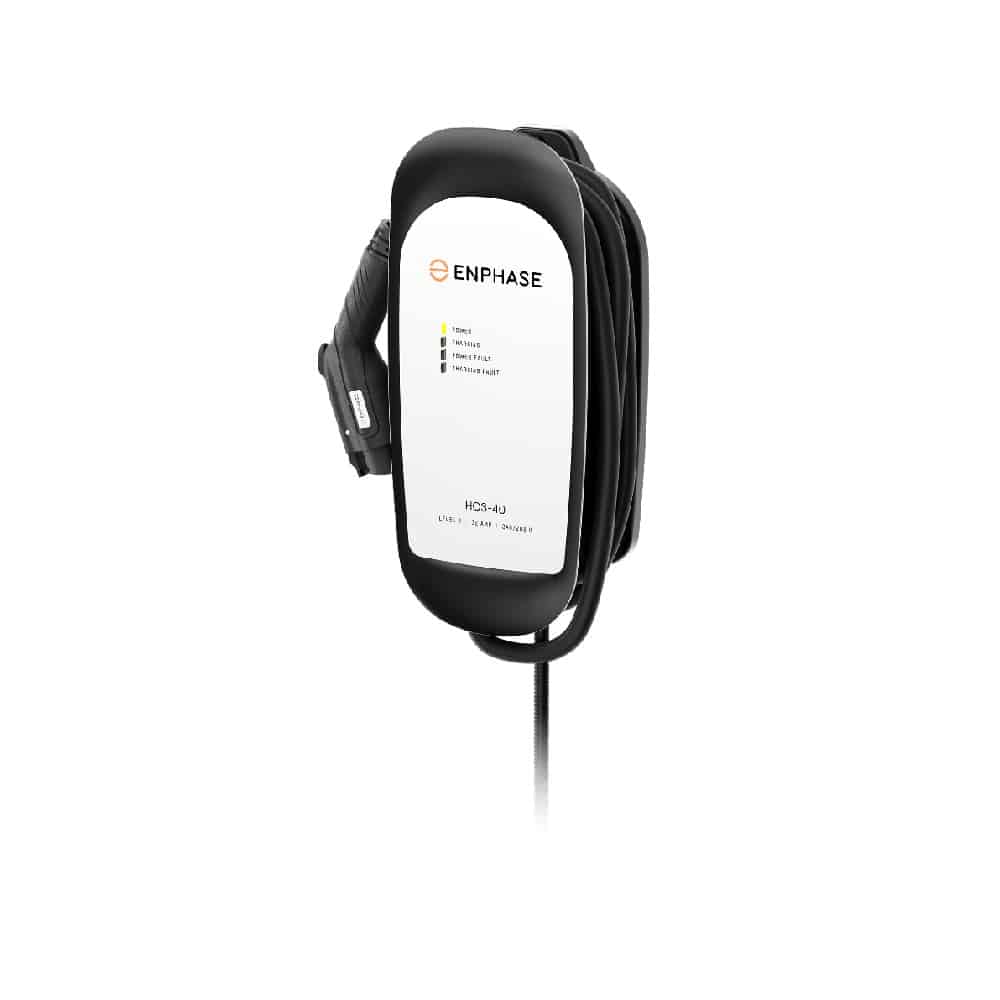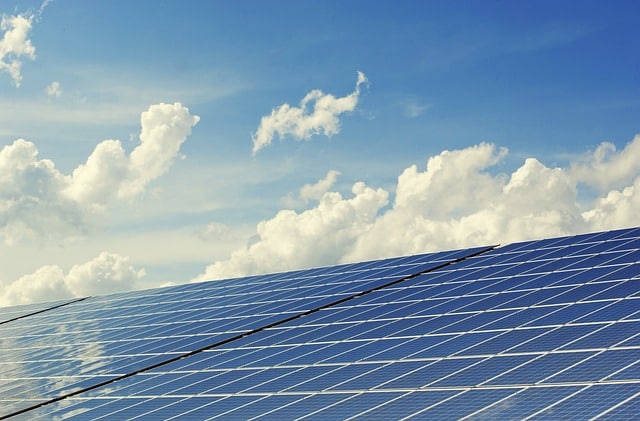📦 Fast Delivery – Order Now!
💸 Shop Safely – 100% Money-Back Guarantee
👨🔧 Lifetime Customer Support
📦 Fast Delivery – Order Now!
💸 Shop Safely – 100% Money-Back Guarantee
👨🔧 Lifetime Customer Support
Electric vehicles are booming, but where you charge them matters just as much. Many still rely on public stations, but this often means lost time, higher costs, and unnecessary stress. A home EV charger puts you in full control — charging when you want, how you want.
At AceFlex.us, we make this simple, fast, and cost-effective.

✅ 40A Level 2 plug-in EV charger for fast charging
✅ Compatible with all EVs using a standard J1772 connector
Sure, a public charger might seem convenient at first. Yet, charging at home drastically cuts your electricity costs. While public stations sometimes charge premium rates, your home electricity plan stays stable. And if you combine it with solar panels or green energy, you could lower your costs even more.
Also, home chargers offer consistent charging speeds. No more surprises, no slow stations. Just plug in at night and hit the road fully charged by morning.

Installing an EV charger doesn’t just benefit your car — it boosts your home’s value too. More homebuyers are looking for EV-ready homes because the future is clearly electric.
Moreover, public stations expose you to risks like faulty equipment, poor maintenance, or even vandalism. A private charger, on the other hand, ensures that your vehicle charges safely and efficiently — every single day.

✅ Level 2 EV charger for fast and efficient charging
✅ Compatible with standard J1772 EV connectors
✅ Smart integration with SolarEdge energy management systems
Not all EV chargers are created equal. Some are slow, some are outdated, and others simply won’t match your vehicle. That’s why AceFlex.us only sells carefully selected, high-performance chargers.
No headaches, no waiting, no middlemen. Plus, we are ready for tomorrow’s vehicles. Whether you drive a Tesla, Ford, BMW, or Rivian, our systems are fully compatible and future-proof.
We also believe in lasting relationships. That’s why our service doesn’t stop after the sale. Maintenance, upgrades, advice — we are just a call away.

At AceFlex GmbH, we believe charging your car should be as easy as charging your phone.
Contact us today for your personal consultation — and step into a smarter, more independent electric future.
Charge smarter. Live better. Drive AceFlex.
👉 Explore solarEV Home Charger options today and power your home your way!

The cost usually ranges between $500 and $2,000 depending on the charger type and installation complexity. Because every home setup is different, prices can vary, yet many save money by bundling installation with a charger purchase.
You can install it yourself if you have strong electrical skills, but professional installation is highly recommended to ensure safety and code compliance. And because local permits are often required, DIY projects can quickly get complicated.
Absolutely, because home charging saves time and money compared to public stations. Plus, you increase your convenience and add value to your property.
A Level 2 charger can add 20 to 60 miles of range per hour depending on your car and the charger’s power. So you can fully recharge most EVs overnight without hassle.
Level 3 chargers (DC fast chargers) are usually not suitable for homes because they require extremely high voltage and cost tens of thousands of dollars. Therefore, most residential users stick with Level 2 chargers instead.
Yes, you can plug some Level 2 chargers into a 240V dryer outlet with the right adapter. However, you must check compatibility because not all setups are safe or legal without adjustments.
Yes, you can use a 220V outlet for faster charging, but you may need a proper EVSE (Electric Vehicle Supply Equipment) for safe operation. And even if the plug fits, the wiring must support the load.
Yes, you can easily install a Level 2 charger at home with a licensed electrician’s help. And once it’s installed, you will enjoy faster, more reliable charging every day.
You typically need a 240V outlet like a NEMA 14-50 or NEMA 6-50 for a Level 2 charger. Choosing the right outlet matters because not all EVs use the same connector type.
Installing a 240V outlet usually costs between $300 and $800 depending on distance from the electrical panel and existing wiring. Because electrical upgrades can vary, getting a quote first is always smart.
Most Level 2 chargers require a 40-amp circuit breaker, but some smaller models work with 30 amps. And because breaker size depends on both the charger and cable thickness, an electrician should confirm it.
Yes, because Level 2 chargers offer fast charging times and major daily convenience. Plus, they future-proof your home for next-generation EVs.
Top picks include models from brands like ChargePoint, JuiceBox, and Grizzl-E because they combine reliability, speed, and smart features. Still, your ideal choice depends on your EV model and budget.
Yes, it’s safe to leave a Level 2 charger plugged in when not in use because modern chargers have smart sensors to prevent overloading. Nevertheless, always inspect cables and connectors regularly for safety.
Typically, it adds $30 to $60 monthly depending on your driving habits and electricity rates. But because home charging is still cheaper than gas, the overall savings are huge.
Complete installation including the charger usually runs from $1,000 to $2,500. However, incentives and rebates from local programs can cut that price significantly.
You can sometimes get free EV charging through workplace programs, shopping centers, or promotional offers. And some public networks offer limited free access for new EV owners.
Charging overnight during off-peak hours is usually the cheapest because electricity rates are lower. Plus, pairing your charger with solar panels can push your cost even closer to zero.
Yes, you can use a standard 120V outlet, but it charges very slowly and may not be ideal for daily use. That’s why most owners eventually upgrade to Level 2.
Sometimes it does slightly, because adding electrical equipment can change your home’s risk profile. Yet many insurers offer discounts for eco-friendly upgrades too.
A basic installation usually takes 2–4 hours if the wiring is straightforward. However, longer projects occur when new circuits or upgrades are needed.
Yes, solar panels can easily power EV chargers when connected through your home’s electrical system. Thus, you can drive cleaner and save even more money.
Most home EV chargers last between 8 and 12 years, depending on usage and maintenance. So a high-quality unit is a long-term investment.
Yes, you can install two chargers, but you might need a panel upgrade or load management system. And if you drive multiple EVs, it’s absolutely worth it.
No, regular home charging with smart chargers is safe and actually extends battery life by avoiding deep discharges. However, avoiding full 100% charges every day can also help maintain battery health.
AceFlex is one of the leading online retailers of renewable energy products and offers a wide range of solar products. We work with well-known manufacturers and wholesalers and can offer you cost-effective products in the field of photovoltaics so that you too can contribute to the energy transition.
Looking for an experienced team for planning your photovoltaic system without the hassle of doing it yourself? We are your trusted partner, offering comprehensive nationwide solutions. We provide expert consultation and supply of both photovoltaic systems and storage units tailored to your specific needs.
© 2026 Aceflex All Rights Reserved. Design by Media Pantheon, Inc.